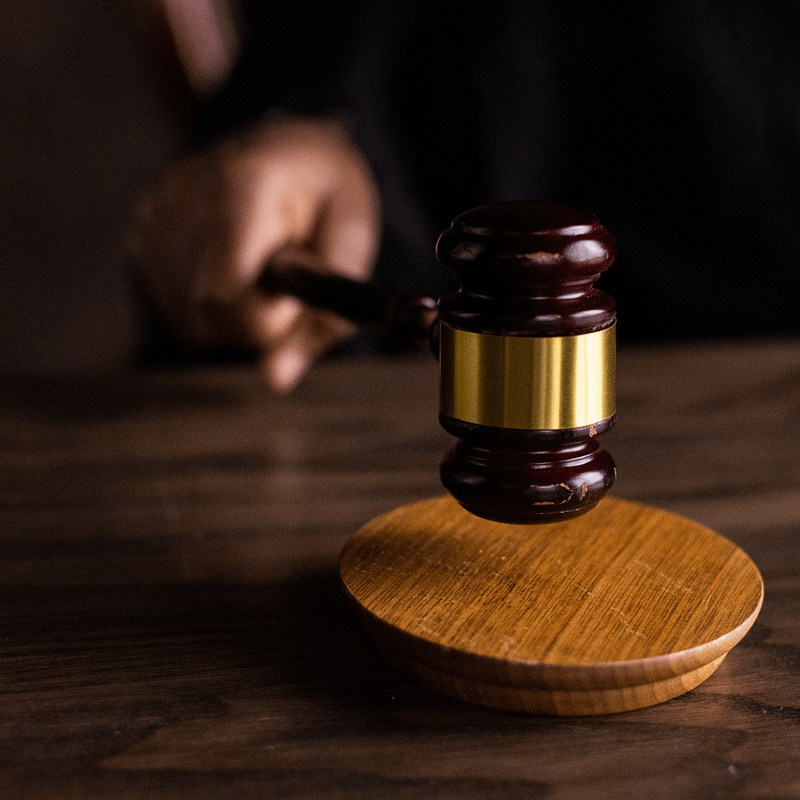What You Need to Know about an Estate Inventory

If you are serving as the executor of someone’s will, one of the most important tasks you will need to do is to complete an inventory of the decedent’s estate. This could feel like an overwhelming process, especially if the deceased person had a lot of assets. However, knowing more about the process you are […]
Tips for Handling an Out-of-State Probate

Losing a loved one is an emotional and life-changing experience. You might be tasked with the responsibility of settling the estate while also grieving your loss. It can be a challenging time in anyone’s life. However, it becomes complicated when you must go through probate for out-of-state property. Many people move to various states throughout […]
A Creditor’s and a Probate’s Role

The use of legal techniques to avoid probate allows you to save taxes, keep your estate away from public scrutiny, and avoid having to obtain court approval each step of the way. You can save time, frustration, and in many cases, attorney and court fees. An executor, also known as your personal representative, is responsible […]
When Is Probate Unavoidable?

While probate may seem expensive and complicated, it is a standard step in formalizing how assets pass to heirs or beneficiaries. Whether or not you require probate depends on the type of property and how you own it, and the state laws in which you live. While probate can be a complex process for vast […]
How Does the Probate Process Work?

The probate process involves authenticating the deceased individual’s will, assessing the assets, settling debts and taxes, and oversee the allocation of the inheritance. After an asset-holder dies, the court will appoint a valid will’s executor to administer the probate process. In the absence of a will, the court will appoint a state administrator to handle […]
What are non-probate assets and how to recover them?

When a person passes away, their estate is often comprised of probate assets and non-probate assets. Probate assets are assets that will be distributed according to the decedent’s Last Will & Testament. These assets are titled solely in the decedent’s name. Non-probate assets are sometimes called testamentary substitutes. These assets have beneficiaries associated with the […]
What commissions are an Executor or Administrator entitled to?

An Executor or Administrator of a decedent’s estate is entitled to a commission. The job of the Executor or Administrator is to gather all the assets of the decedent, pay the liabilities, and distribute the funds according to the decedent’s Last Will & Testament or according to the intestacy rules of New York. The executor […]
What is an Ancillary Probate or Ancillary Administration Proceeding?

When a person passes away with real property in multiple states, an ancillary proceeding may be necessary. The primary probate proceeding (if the person passed away with a Last Will & Testament) or primary administration proceeding (if the person passed away without a Last Will & Testament) is commenced in the State and County where […]
What is a Probate Estate?
Probate is defined as the official proving of a Will. Many people think that when they create a Will all their assets will be distributed according to their will. This may not be the case. The only assets that can be administered according to the terms of the Will are assets in the probate estate. […]
Seven Benefits of a Revocable Living Trust
Many Americans simply leave a will to distribute their assets upon their passing. However, the creation of a Revocable Living Trust creates several benefits unavailable to those simply leaving a will. Here are seven benefits to creating a Revocable Living Trust 1) Avoiding Probate- A great benefit of a living trust is that it […]
